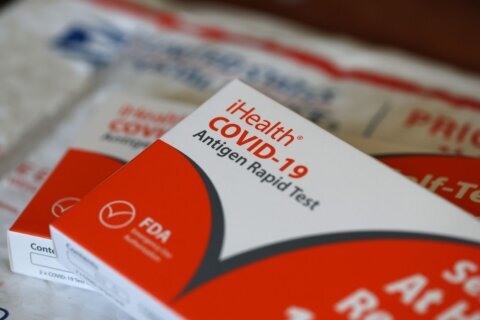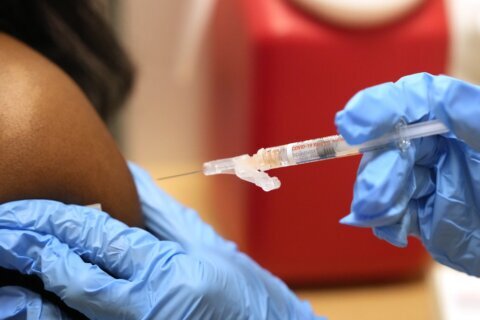The lack of in-person education has hurt students across the U.S., a group of experts from Johns Hopkins University agreed, but the process of reopening schools for the upcoming academic year presents an array of issues that must be confronted to ensure the safety of students, school staff and families.
“As a former principal who has helped to found and open — physically open — two brand new schools, I’d like to say that getting ready for opening schools under normal circumstances is a challenge,” said Annette Anderson, assistant professor at the Johns Hopkins School of Education.
“To close schools was something we knew how to do relatively easily, but to reopen schools is an entirely new paradigm for schools to figure out … I don’t that think there’s any way to overstate the complexity with which we’re faced in trying to reopen our schools.”
During a Zoom conference Thursday, a panel of health and education experts from Johns Hopkins University listed the challenges and potential solutions to some of the largest issues they see as schools go forward with their plans for reopening.
Dr. Joshua Sharfstein, vice dean for public health practice and community engagement at the Johns Hopkins Bloomberg School of Public Health, said that though students were negatively impacted when schools closed last spring, there are serious health factors that need to be taken into account before schools go forward with reopening.
Sharfstein said one such factor to consider is how capable children are of spreading the virus. Current studies suggest that younger children catch and spread the novel coronavirus at much lower rates than adults, but Sharfstein said that does not mean it should be ruled out as a possibility.
Though children are much less likely to have severe illness from contracting the virus or much less likely to die, Sharfstein added, “but at the same time, there are adults in the school who are higher risk and even children can get quite ill … While the risk is lower, less risk does not mean no risk.”
Dr. Megan Collins, a co-director of the Johns Hopkins Consortium of School-Based Health Solutions, introduced 12 criteria that schools should incorporate into their reopening plans.
Johns Hopkins helped to establish an online tracker, which is updated live as schools release their plans for reopening. The tracker shows how states are preparing to tackle the dilemma of balancing a need for in-person instruction with the safety of students and staff, and how many of the 12 criteria have been answered by those plans.
Those criteria are:
- Core academics
- SARS CoV2 protection
- Before and after school programs
- School access and transportation
- Student health services
- Food and nutrition
- Parent choice
- Teacher and staff choice
- Support for children with special needs, English as second language students, gifted and twice exceptional students
- Children of poverty and systemic disadvantage
- Privacy
- Engagement and transparency.
Maryland and Virginia have established plans for each of the 12 criteria, while D.C. has met 10 of the 12.
Jennifer Nuzzo, a senior scholar for the Johns Hopkins Bloomberg School of Public Health, said other countries that have safely reopened their schools all started from a place of having low community transmission of the virus.
Once community transmission is contained, Nuzzo said, safety precautions that schools take will be more effective.
Nuzzo also said that around $50 billion in federal funding was needed for schools to successfully implement the safety recommendations needed to limit virus transmission within the schools. She pointed out that less than 1% of the previous pandemic stimulus package went to support schools.
- Sign up for WTOP alerts
- Fall school plans for DC, Maryland, Virginia systems during coronavirus
- Latest coronavirus test results in DC, Maryland and Virginia
- Coronavirus FAQ: What you need to know
- Coronavirus resources: Get and give help in DC, Maryland and Virginia
Looking for more information? D.C., Maryland and Virginia are each releasing more data every day. Visit their official sites here: Virginia | Maryland | D.C.








